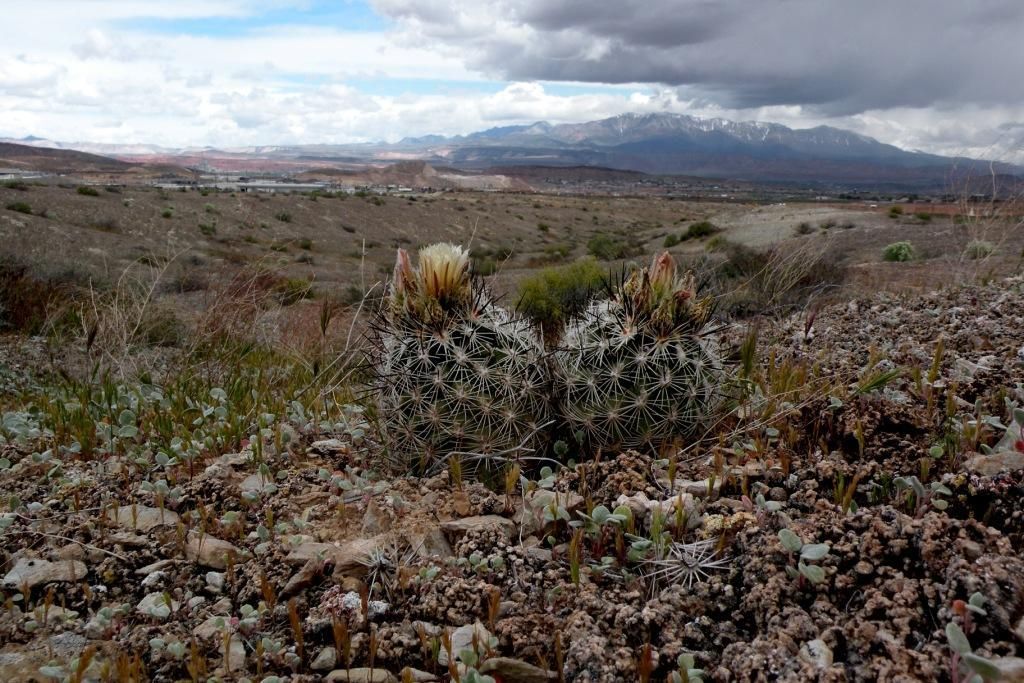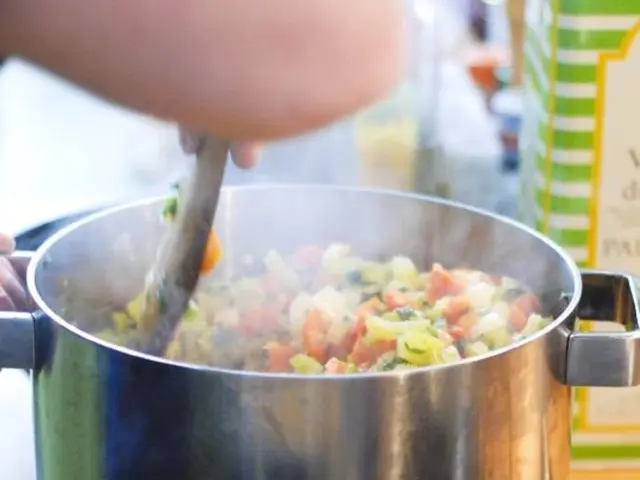The Reed Glass-Winged Cicada: Troubles Brewing for Sugar Beets and Potatoes
Sugar beet and potato crops are under attack by a destructive pest, akin to grasshoppers. - Threatening the Growth of Sugar Beets and Potatoes: Atypical Behavior Exhibited by Cicadas
No beat around the bush, folks: Sugar beets are wilting, and potatoes are following suit - it's all thanks to a pesky plant disease known as Stolbur, transmitted by a type of cicada. The German Farmers' Association isn't mincing words, labeling the cicada-spread disease a "serious threat" to the domestic supply of potatoes, vegetables, and sugar.
In southern Germany, the damage is estimated to be "millions" by the state farmers' association alone in Baden-Württemberg. Add to that the fact that climate change is aiding the cicada's spread, and you've got a real pickle on your hands.
So, just what's happening to our taters and greens?
When plants get bitten by the reed glass-winged cicada, they become infected with Candidatus Phytoplasma solani, causing the disease known as Stolbur. This nasty infection results in plants wilting, and roots and tubers becoming rubbery. Yield decreases, tasteand quality suffer, and in severe cases, crops can't be processed or stored.
Stolbur and the similarly cicada-transmitted SBR (Syndrome of low sugar contents) are leading to substantial yield and quality losses. In 2023 alone, sugar beet affected areas shot up from 40,000 hectares to at least 75,000 hectares, nearly one-fourth of Germany's cultivation area. That's a big deal!
What about our beloved potatoes?
Potatoes are one of the few foods we Germans can largely produce ourselves. Unfortunately, around 65,000 hectares of the staple food are located in regions where reed glass-winged cicadas are common and can infect potatoes, accounting for just under a quarter of the total cultivation area.
Whether and how the cicada spreads depends on various factors, including the weather. In warmer southern Germany, it's already causing quite the ruckus: Wilting potatoes have been increasingly spotted since 2024 - from Karlsruhe to the Hohenloher Ebene and from Heilbronn via Ludwigsburg to Stuttgart.
The cicada isn't stopping at Germany, either - it's been spotted spreading throughout the country via Rhineland-Palatinate, Bavaria, Hesse, and even Lower Saxony, Saxony, and Saxony-Anhalt. The southwest is taking the brunt of the spread and consequences, according to the state farmers' association.
The impact for consumers: Stolbur is not harmful to humans, and potatoes and vegetables with rubbery consistency or signs of rot don't make it to market. However, if the disease continues to spread, fewer domestic potatoes may be available come fall.
Farmers are bearing the brunt of the cicada's rampage: Affected potatoes and vegetables aren't being purchased, plant material can't be used. Furthermore, farmers face extra costs from increased sorting efforts and waste disposal.
Last year, there were yield losses of up to 25% in all relevant sugar beet regions and up to 70% in potato cultivation in Baden-Württemberg. In some operations, continued cultivation is at risk. The cicada is becoming a serious economic risk for entire regions.
So, why is Stolbur so menacing?
The plant disease has been known in sugar beets for some time. The twist is that, in addition to potatoes, other vegetables are increasingly falling prey to it. Furthermore, according to the potato association, UNIKA, there's no effective protection against the pest. Climate change is also lending a helping hand by making cicadas thrive in warm summers.
The Lowdown on Dealing with Threats to Agriculture
To manage agricultural threats like the reed glass-winged cicada, dialecticians favor a multifaceted approach:
- Monitoring and Surveillance: Early detection and monitoring of cicada populations are vital. This involves keeping tabs on the cicadas' spread and focusing on areas with the highest prevalence.
- Integrated Pest Management (IPM): By combining physical, cultural, biological, and chemical controls, IPM strategies aim to manage pests effectively while minimizing environmental impact.
- Agricultural Practices: Adjusting planting times or using resistant varieties can help mitigate cicada damage to crops like potatoes.
For a long-term solution, biologists advocate for the introduction of natural predators or parasites that target cicadas. Cultivation practices such as crop rotation, sanitation, and using barriers to protect plants can help reduce cicada populations. In dire situations, the targeted use of insecticides can serve as a final resort, though this should be done judiciously to avoid harming beneficial insects.
Governments and agricultural groups should consider supporting research on resistance breeding, as well as the development of genetically modified crops that are resistant to cicada damage, to better tackle agricultural threats like the reed glass-winged cicada. Stay tuned for developments as farmers and researchers strive to keep our crops thriving!
- The common agricultural policy must address the severe threat posed by Stolbur disease, transmitted by the reed glass-winged cicada, to crops such as sugar beets, potatoes, and vegetables in Germany, as well as extend support to other regions where the cicada has spread.
- To combat the increasing impact of the reed glass-winged cicada on health-and-wellness, climate-change, environmental-science, and lifestyle aspects, a combined approach involving monitoring and surveillance, integrated pest management, and adjusting agricultural practices is essential.
- In the light of scientific advancements in the fields of food-and-drink, science, and environmental-science, it is crucial for common agricultural policy to prioritize research on resistance breeding and the development of genetically modified crops that are resilient against the reed glass-winged cicada and other agricultural pests, ensuring a sustainable and healthy future for our communities.








